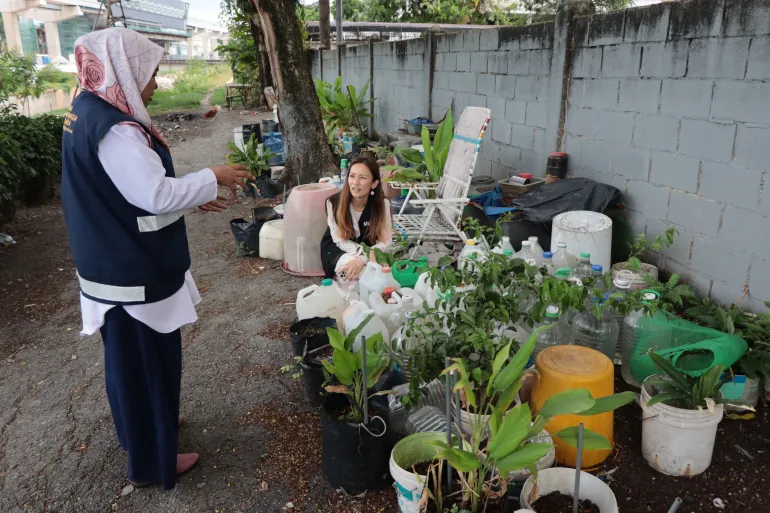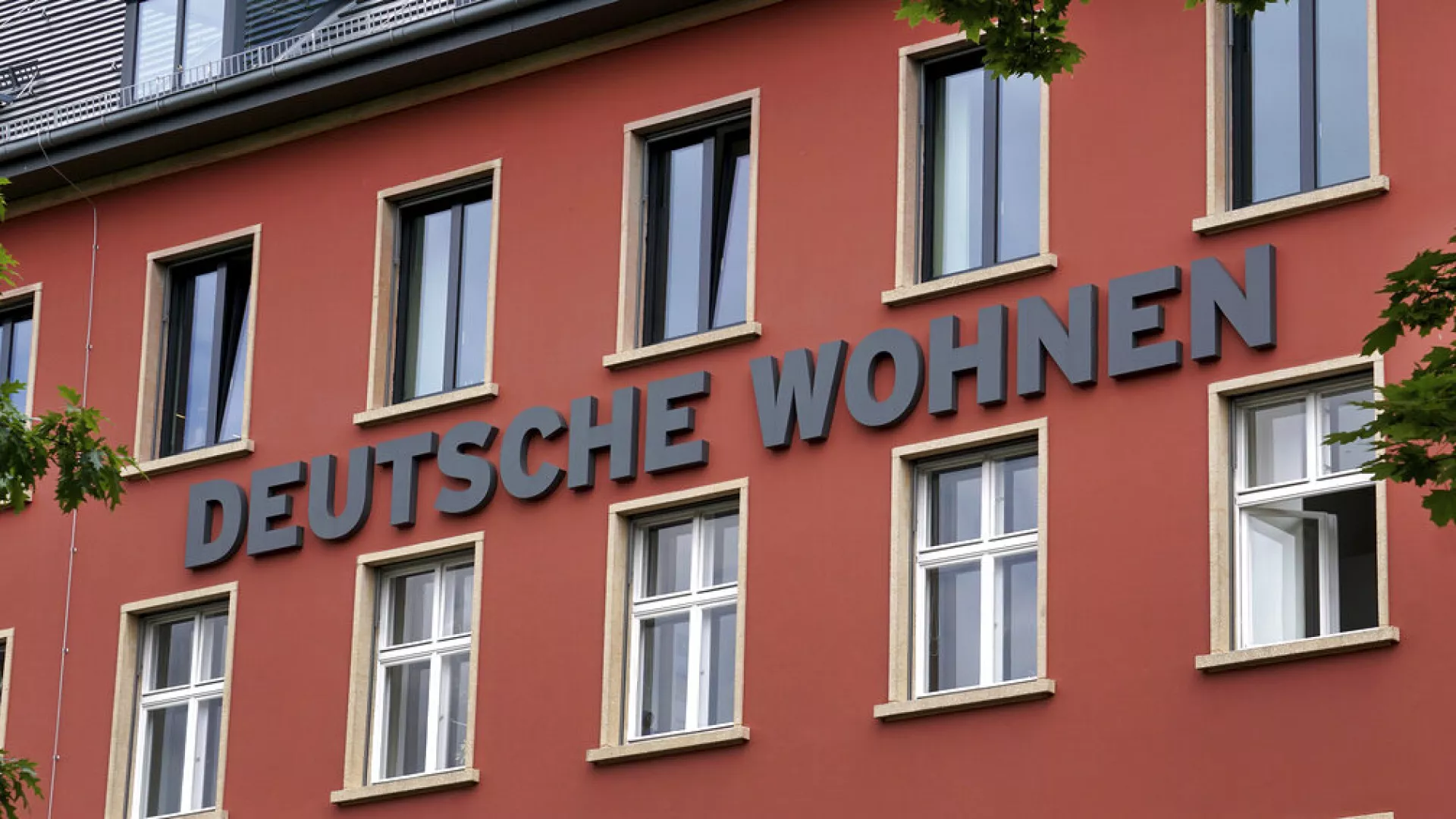In Kuala Lumpur, Malaysia, a shift is observed among second- and third-generation family businesses in Asia, opting for greener and more sustainable investments.
From Malaysia to Singapore and the Philippines, some millennial business heirs smoothly embrace socially conscious “impact investing,” while others face conflicts stemming from the disparity between their comfortable lives and their parents’ experiences of growing up poor.
Malaysian Abe Lim, 27, grew up in circumstances different from her father, who left school as a teenager to work as a mechanic. Her father, having built a business in lubricants, soap, and dish-washing liquid, hoped she would take over one day. However, Lim’s idealism clashed with her father’s profit-focused model, leading her to prioritize social and environmental impact.
While at her father’s company, Lim proposed a research and development department to explore turning plastic waste into biofuels. Despite initial support, economic viability challenges halted the initiative. Lim also disagreed with her father on climate change, leading her to leave and start her own ventures.
Her first enterprise, a marketplace for used furniture funded by angel investors, aimed to promote recycling but faced challenges due to an immature market. Lim, a law graduate, stood for local elections in Selangor in August, focusing on climate change policies. Despite an unsuccessful bid, she remains open to running again, prioritizing grassroots growth and environmental work. As a member of the Malaysian United Democratic Alliance, she emphasizes long-term solutions for societal well-being.
Komal Sahu, Chief of Sustainable Finance at AVPN, notes that younger generations are reshaping business perceptions, emphasizing the family’s wealth as a catalyst for positive transformation beyond government aid.









